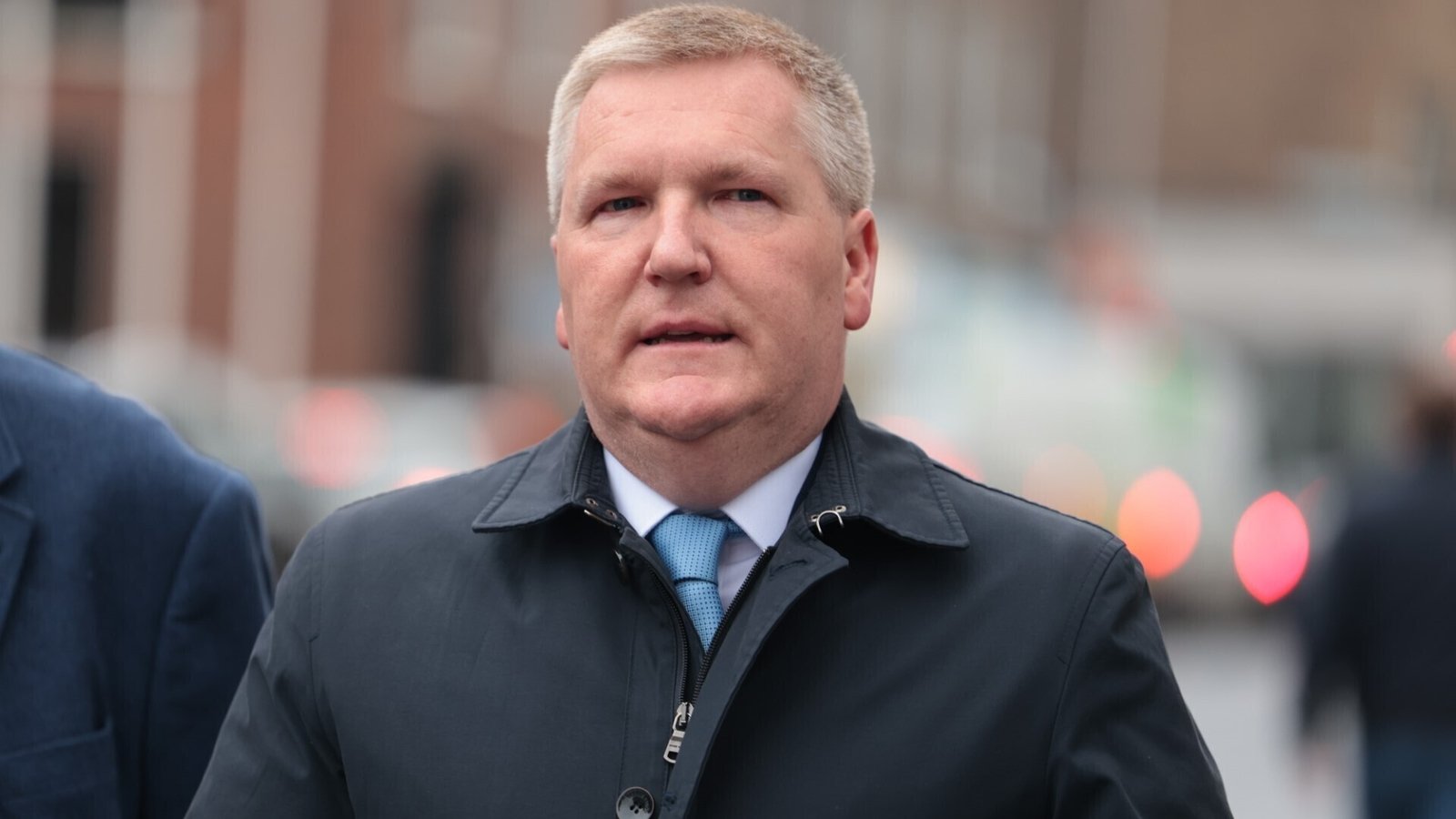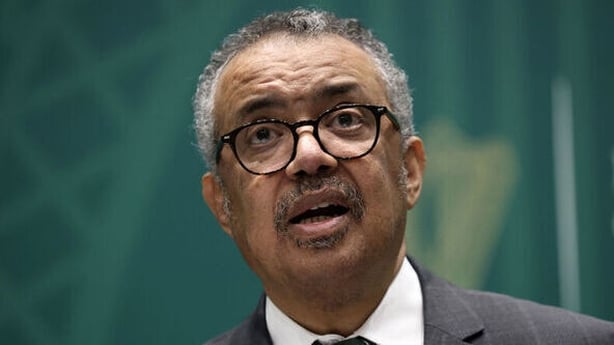Jobs
One-third of jobs at risk from AI in future – McGrath

Minister for Finance Michael McGrath has said a study by his department has concluded that up to one-third of jobs in Ireland could be at risk in the future from artificial intelligence.
He was speaking at the inaugural Global Economic Summit, taking place in Killarney, Co Kerry.
Mr McGrath said the Department of Finance and the Department of Enterprise are currently finalising joint papers on the impact of artificial intelligence on the economy and on the labour market.
He said those studies estimate that AI will affect around two thirds of employment in Ireland.
In some cases, the effect will be positive, but in other cases, jobs will be at risk.
“It is the case that up to one third of employment could be at risk from the deployment of AI, but it doesn’t mean that those jobs will be lost,” Minister McGrath said.
“They may well change and there will also be other jobs created by the enormous positive potential of AI.
“Some roles will change, some roles will disappear in the future because we are now going beyond technological automation. We are into the space of cognitive ability being presented by AI and that will change the way that we work into the future.”
Minister McGrath said the challenge would be to minimise the negative fallout from AI while maximising its positive potential on the economy.
He said the country needs to have a conversation about artificial intelligence and the changes it will bring.
More than 400 leaders from politics, business and economics are gathering in Killarney over the next three days to discuss climate change, energy sustainability and technology.
Michael McGrath said he believes the world is on the cusp of a digital revolution, which will have enormous economic and societal impacts, both positive and negative.
He said artificial intelligence has the potential to boost the productive capacity of the economy, at a time when structural forces may otherwise slow economic growth.
“The key objective must be to harness the benefits of these new technologies, while avoiding some of the adverse outcomes,” he said.
Leaders gather in Kerry
More than 400 leaders from politics, business, economics and civic life are gathering the summit over the next three days.
They will discuss themes including climate change, energy sustainability, health ecosystems, education, technology and artificial intelligence.
The summit is a not-for-profit event which aims to develop new solutions to global challenges.
Among the speakers will be CEO of the World Energy Council Angela Wilkinson, Ireland’s European Commissioner Mairead McGuinness and Prince Albert II of Monaco.
Ms McGuinness’s speech will focus on financing the green transition.
Executive Director of Planning at Interpol Darrin E. Jones will deliver a paper on the importance of partnerships in an ever-changing global security environment.

Health will also be a central theme of the day, in the wake of the Covid pandemic.
Chief Business Strategist of AI at Google Gopi Kallayi will be on a panel discussing artificial intelligence and the metaverse.
Director General of the World Health Organisation Dr Tedros Adhanom Ghebreyesus will deliver a speech on health post-Covid, covering the future of healthcare and public health systems.
Former Prime Minister of Ukraine Yulia Tymoshenko will feature on Wednesday, along with AI advisor to Pope Francis, Fr Paolo Benanti.
While this is the inaugural Global Economic Summit and it ends on Wednesday, the organisers say their aim is to provide an on-going platform for international and domestic organisations to discuss current and future global challenges.









